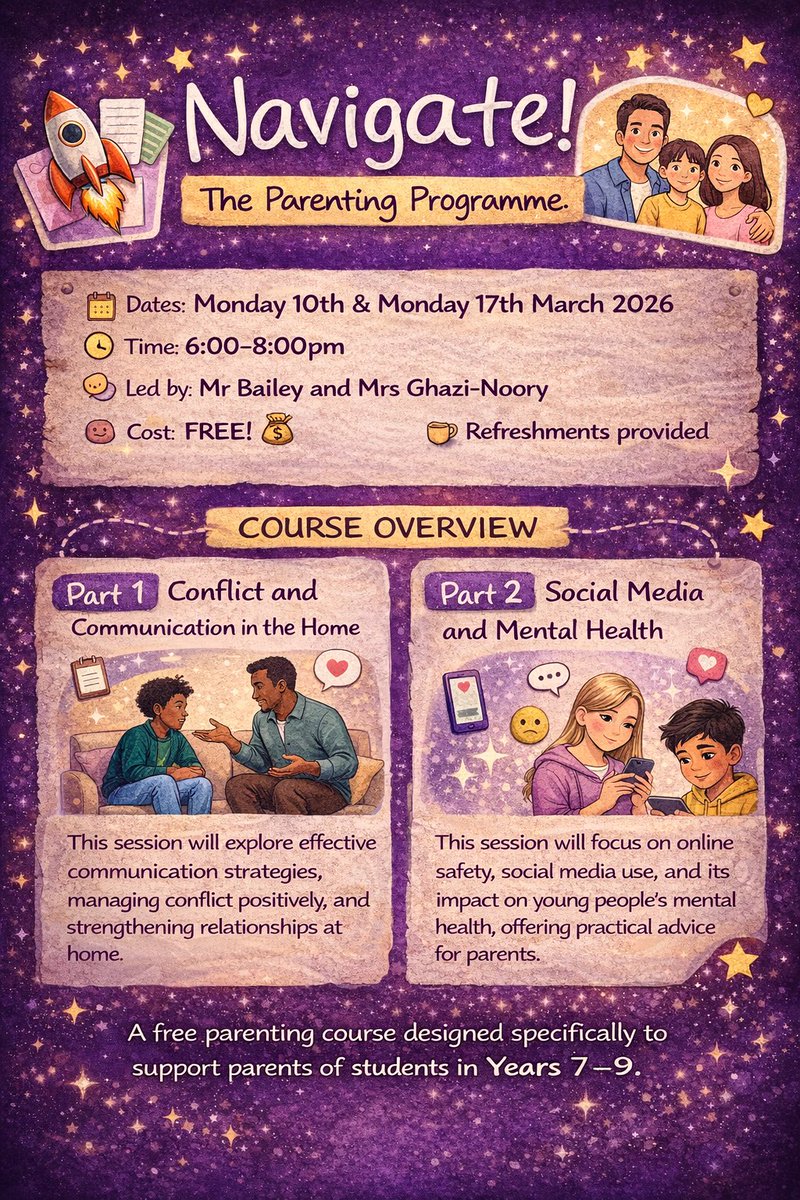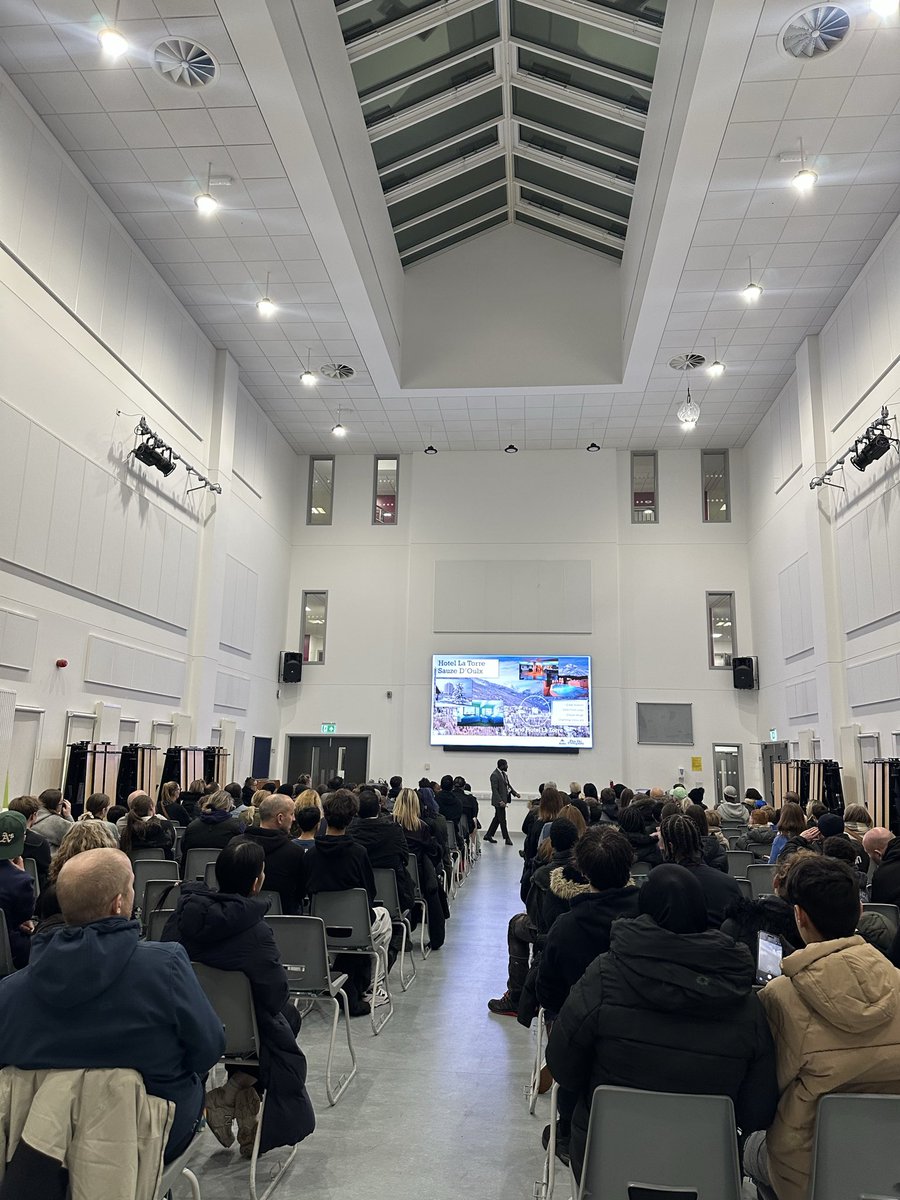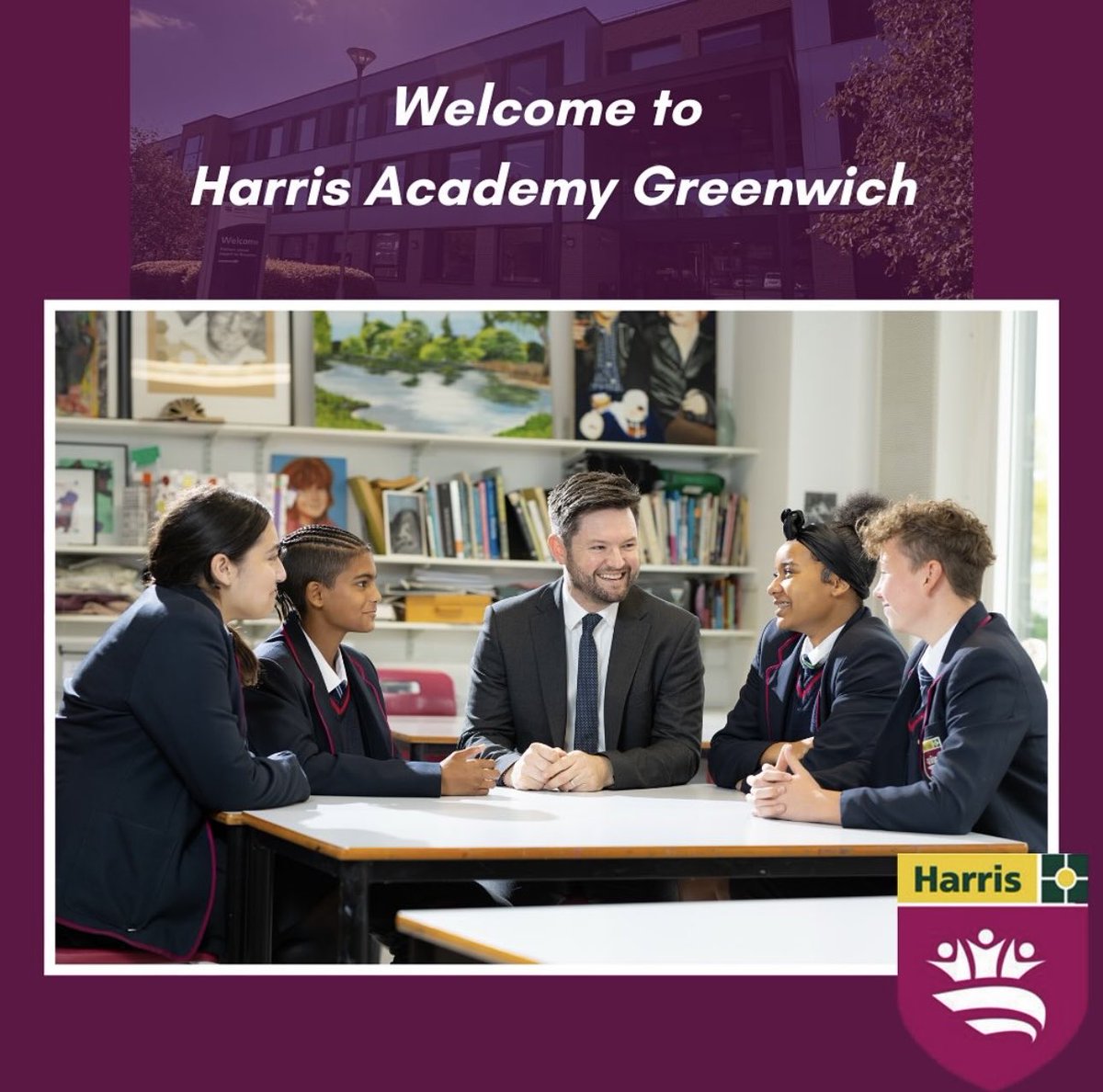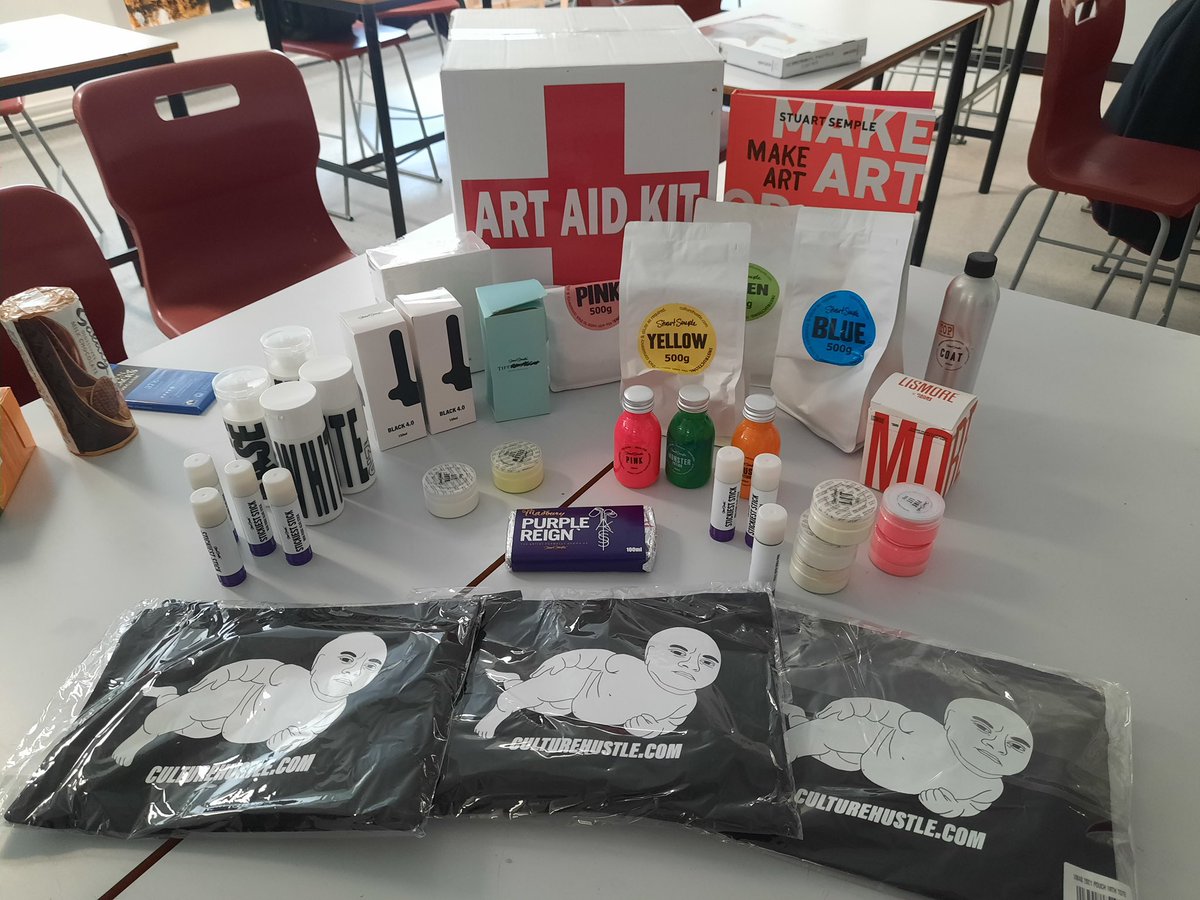Sociology
Curriculum narrative Sociology
Sociology is the critical study of social processes and structures in society by exploring different perspectives of phenomena and the biases held by each perspective. It considers changes in society over time along with their relative causes and the importance different perspectives place on these. An understanding of the research methods of Social Sciences is developed to understand how this knowledge has been socially constructed and be able to evaluate and analyse the validity, reliability and usefulness of such data.
Sociology equips students with the ability to be well informed, responsible and active citizens who notice social patterns, inequality and injustice and have the tools to contribute to positive change in a constructive manner. Students studying Sociology understand societal norms and conventions but also understand the importance of being active in constructing a fair and just society; even if that is not currently the case. Students gain an appreciation for the complexity of the statistics and headlines they read in the media and are able to disentangle objective facts from socially constructed realities along with their own personal biases as they experience such media.
Sociology equips students with powerful knowledge about the creation of the British identity over the last 100 years along with how this is both reinforced and challenged over time through institutions such as Family, Education, Work and Media. Students are also empowered with knowledge of inequalities that have developed across a range of strata such as class, gender, ethnicity, sexuality, nationality, disability and age so that they understand the historical roots of such divisions and the steps taken to overcome these so far.
By the end of Sociology GCSE and A-Level students will be prepared to contribute to real change in society as they understand the mechanisms already in place and how to change them.
Year 10
Students first encounter Sociology in Year 10 where the main focus is to become sociologically literate and grasp the basic social processes and structures studied in this field. Students develop an appreciation in the first term of important historical changes over the last 100 years such as the rise and fall of industrialisation so that they are able to comprehend the impact this has had on contemporary society. They also master the key concepts sociologists have developed to understand the mechanisms of society such as hierarchy, status and power.
Later in the term students begin looking at methods of investigation such as observational techniques, self-report and experiments to understand how data is gathered. This builds on the criticality they explore in KS3 in Humanities subjects such as History and Geography but also their understanding of probability, reliability and validity in Maths and Science.
Students then apply their understanding from term one to specific institutions in society, the family and education, to understand how individual’s life chances, roles and status are developed in these areas. This enables students to utilise knowledge of foundational concepts from term one to explain specific patterns in a more sophisticated way.
Year 11
When students’ progress to Year 11 they become more critical and develop further theoretical understanding of how society is theorised to work, addressing issues such as labelling, social mobility, prejudice and discrimination along with the changing nature of society due to legislation, secularisation and increasing equal rights. Students further have the opportunity to learn about the context of capitalism, socialism, social responsibility and industrialisation in the UK and beyond. This complements the themes they cover in GCSE English where they investigate the emergence of capitalism as well as developing a more sociological perspective of industrialisation that they study in KS3 and KS4 Geography.
Students then apply their understanding to the topic of Crime and Deviance where they are able to embed underlying explanation from the Family and Education topics in their answers, becoming increasingly sophisticated in their depth of response. They also enhance their understanding of research methodologies and become more independently critical of differing choices researchers make and the implications of these.
By the end of GCSE Sociology, students are able to give clear reasons for social phenomena and changes over time along with analysing the relative importance of different factors. They are further able to evaluate the use of differing theoretical and methodological approaches researchers utilise. Regardless of their future destinations, GCSE Sociology equips them with the cultural capital to understand the mechanisms of society, opportunities on offer and how they can play an active part in social change constructively.
Year 12
Beginning A Level Sociology, students will now encounter the ‘Culture and Identity’ unit first to equip all students, regardless of their prior experience of the subject, with powerful knowledge about socialisation, existing social structures and how inequalities have developed. This unit will support technical use of language throughout the course and foundational knowledge of processes learnt now will be embedded in future work students complete. Simultaneously, students will experience foundational Theory and Methods lessons during the first term to ensure they are engaged in critical thinking when they learn about research and findings, this will ensure they are able to identify approaches and methodologies adopted and understand the relative strengths and limitations of these.
Moving into term two of year 12, students will explore the development of education as an institution along with its purpose and the successes and failures of the system from different perspectives. They will intentionally revisit social groups they learnt about in the first term such as class, gender and ethnicity to ensure foundational knowledge is evident in the depth of their responses. They will continue to develop their understanding of approaches and methodologies within Sociology and how these are politically affected in their use within education.
As the term progresses, students will intentionally experience prior subtopics as part of the intentional interleaving we have designed, these lessons will bring together discrete parts of the course so students can develop their application of knowledge and reinforce foundational knowledge so it is accurately utilised in the future. This will mean students enter year 13 with a more holistic view of how different institutions in society impact individuals and groups; they will be ready to demonstrate their criticality that is based on sound foundational knowledge of research, theory and methods.
Year 13
When students begin year 13, students start with a secure knowledge of conventional sociological theory and concepts and will now develop a more sophisticated understanding of the challenges contemporary society has brought to these social constructs. Students begin by investigating the application of theory to the Crime and Deviance topic, which enables them to revisit key social processes, structures and even links to political applications. Similarly to the GCSE, this unit requires that students understand key socialisation processes in order to explain criminal activities, therefore the sequencing of this unit and interleaving of year 12 content ensures they are able to give high level responses that incorporate sophisticated sociological terminology in their responses.
Moving into the second term, students look at how the Media as an institution facilitates social processes but also social structures. This topic is more complex in nature than the Education topic and stretches students to consider emerging theories such as Postmodernism in more depth. Students are given more concrete experiences of foundational contemporary theory in year 12 so that they are able to become more abstract in their application in this topic. Students who study A Level Media also benefit from learning about interactionism, constructivism and political agendas in both subjects.
Throughout year 13, students increasingly develop their understanding of the choices researchers make, considering important decisions they would themselves have to make if they went on to university or equally to a role in the contemporary job market that demands a critical acquisition of knowledge, not a passive one.
Overall, an A Level in Sociology prepares students to be successful students in Higher Education settings, with a strong foundation in theoretical and methodological issues along with employability to be able to utilise data in a meaningful way whilst also being active and aware citizens in an increasingly complex social world.





















